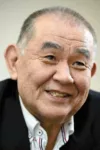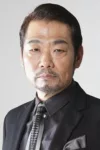Madadayo (1993)
Madadayo (1993)
Network & Production Companies



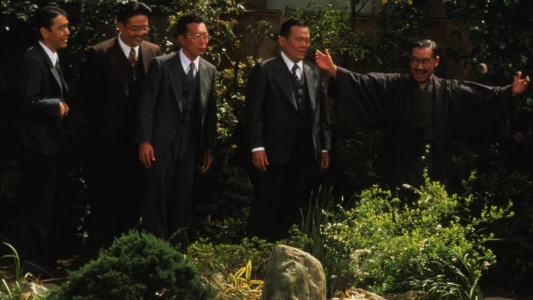
Plot.
Based on the life of Hyakken Uchida, a Japanese author and academic. The film opens with Uchida resigning his job as a German professor at the onset of WWII. The story is told mostly in vignettes as he is cared for by former students in his old age.
Where to Watch.
 Subs
SubsCurrently Madadayo is available for streaming online, rent, buy or watch for free on: Criterion Channel
Streaming in:🇺🇸 United States

Cast & Crew.
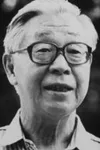
Tatsuo Matsumura
Prof. Hyakken Uchida
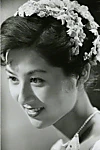
Kyōko Kagawa
Professor's Wife
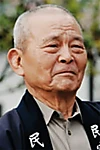
Hisashi Igawa
Takayama
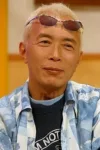
George Tokoro
Amaki
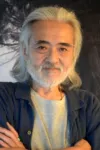
Masayuki Yui
Kiriyama
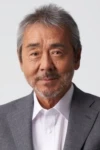
Akira Terao
Sawamura

Takeshi Kusaka
Dr. Kobayashi
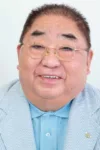
Asei Kobayashi
Rev. Kameyama

Hidetaka Yoshioka
Takayama's Son
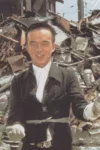
Yoshitaka Zushi
Neighbor
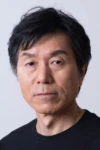
Mitsuru Hirata
Tada
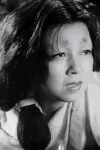
Noriko Honma
Old Lady Holding a Cat
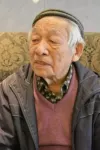
Shigeo Katō
Stationmaster
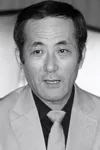
Kōjirō Kusanagi
Man Who Bought the Land

Utaroku Miyakoya
Packhorse Driver
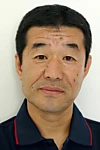
Kimihiro Reizei
Murayama
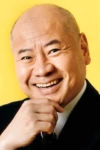
Kinzō Sakura
Policeman

Mieko Suzuki
Fishmonger's Daughter

Tetsuo Yamashita
Landlord
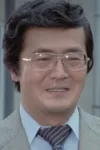
Takao Zushi
Kitamura

Nobuto Okamoto
Ota
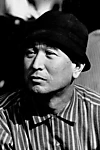
Akira Kurosawa
Director / Storyboard Artist / Editor / Screenplay

Shôji Ueda
Director of Photography

Takao Saitō
Director of Photography
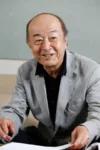
Shinichirô Ikebe
Original Music Composer
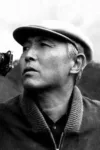
Ishirō Honda
Screenplay / Editor
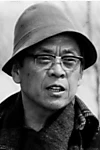
Yoshirō Muraki
Art Direction

Hisao Kurosawa
Producer

Hiroshi Yamamoto
Producer
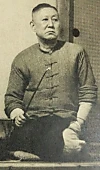
Hyakken Uchida
Original Story

Kazuko Kurosawa
Costume Design
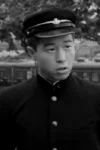
Kazuhiko Kasai
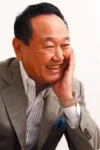
Eiji Bandō
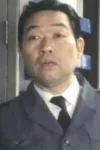
Masahiko Tanimura
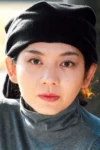
Tomoko Otakara

Toshihiko Nakano
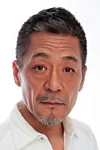
Shû Nakajima

Ryûjirô Oki

Akihiko Sugizaki
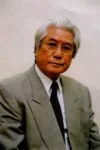
Minoru Hirano
Media.

Details.
Release DateApril 17, 1993
Original Nameまあだだよ
StatusReleased
Running Time2h 14m
Budget$8,000,000
Box Office$1,900,000
Genres
Last updated:
This Movie Is About.
birthday party
tribute
teacher student relationship
post war japan
memories of teachers
lost cats
1940s
Wiki.
Madadayo (まあだだよ, Mādadayo, "Not yet") is a 1993 Japanese comedy-drama film. It is the thirty-fist and final film to be completed by Akira Kurosawa. It was screened out of competition at the 1993 Cannes Film Festival. The film was selected as the Japanese entry for the Best Foreign Language Film at the 66th Academy Awards, but was not accepted as a nominee.
You May Also Like.
Look at the other titles that might be interesting for you
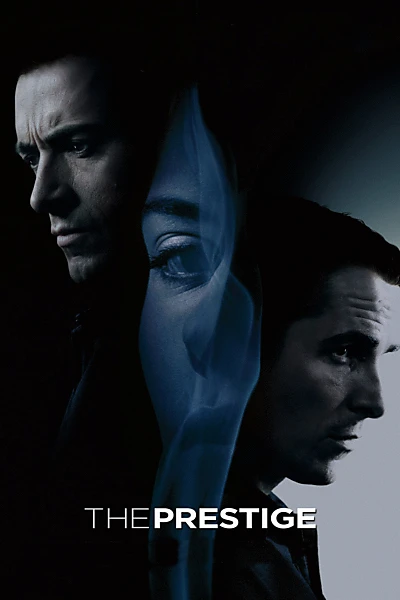
The Prestige (2006)
Movie
8.53

Madagascar 3: Europe's Most Wanted (2012)
Movie
6.66
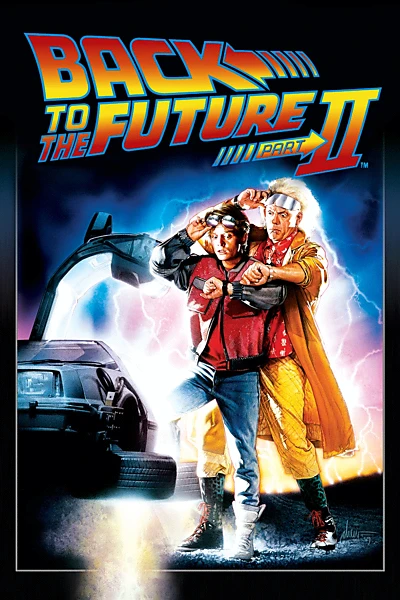
Back to the Future Part II (1989)
Movie
6.77
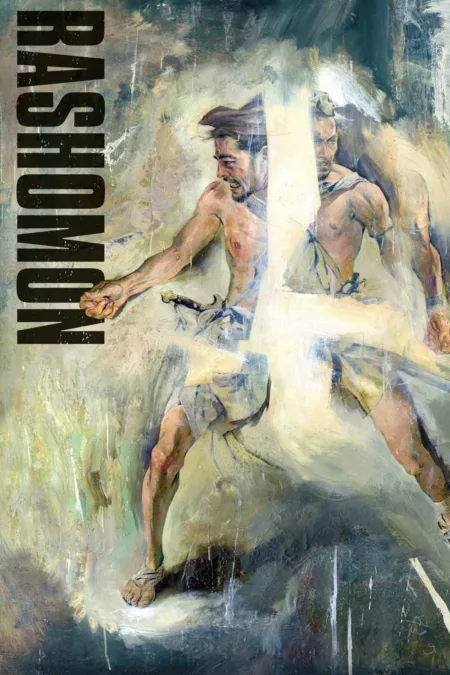
Rashomon (1950)
Movie
4.64
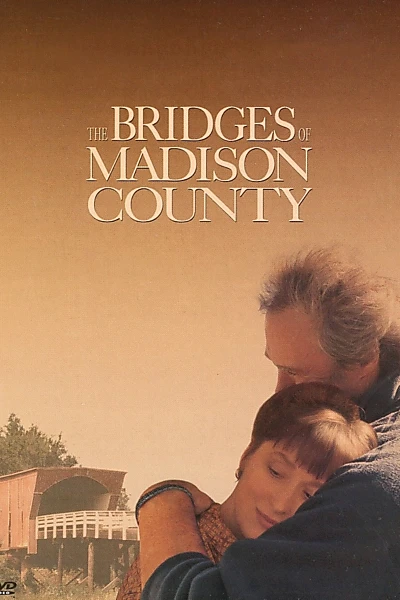
The Bridges of Madison County (1995)
Movie
5.5
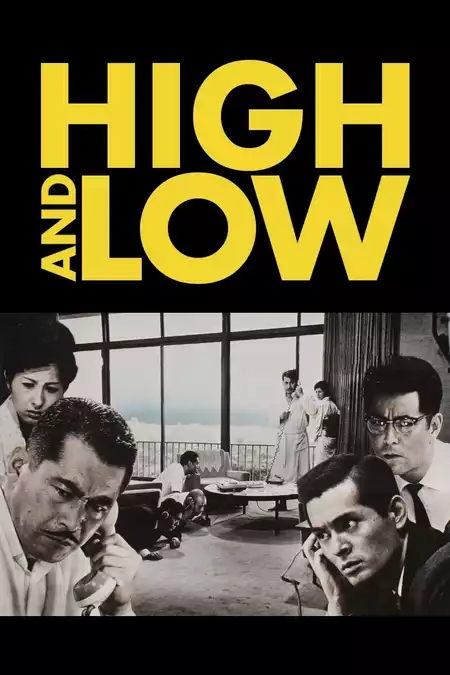
High and Low (1963)
Movie
4.6
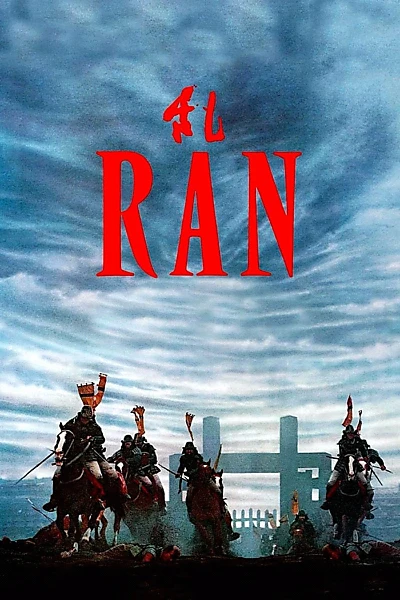
Ran (1985)
Movie
4.64
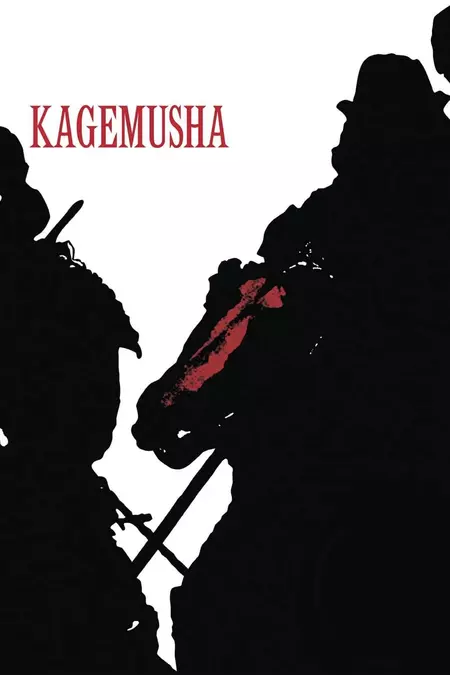
Kagemusha (1980)
Movie
3.5
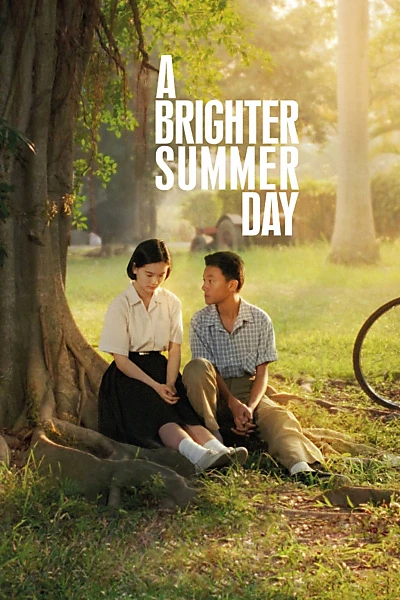
A Brighter Summer Day (1991)
Movie
3.5
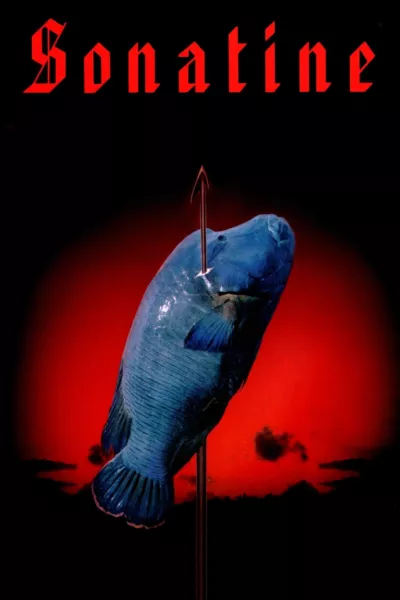
Sonatine (1993)
Movie
6
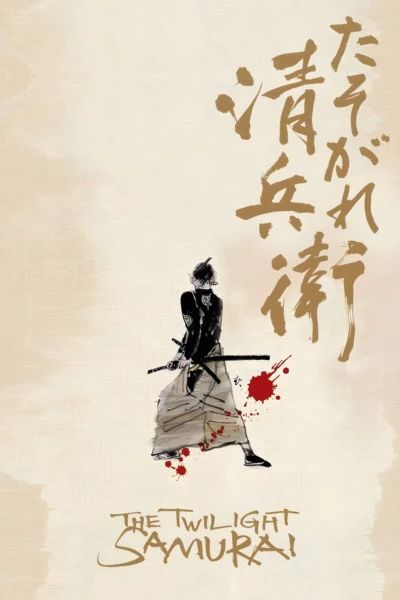
The Twilight Samurai (2002)
Movie
4
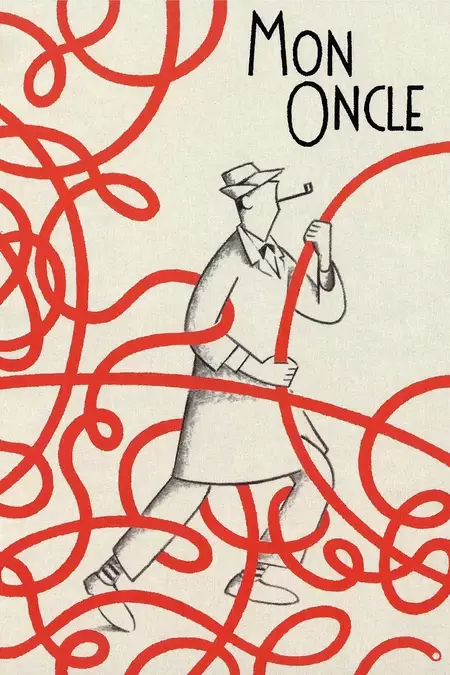
Mon Oncle (1958)
Movie
3.67
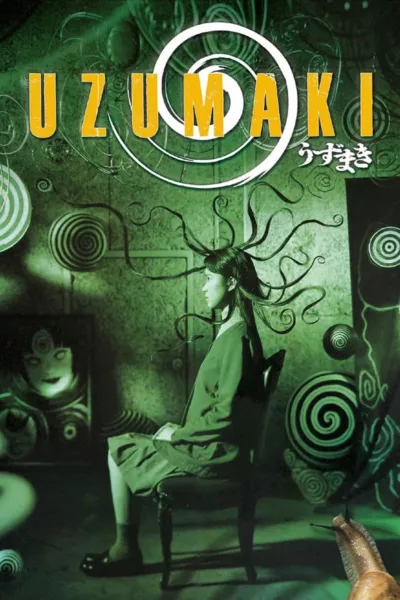
Uzumaki (2000)
Movie
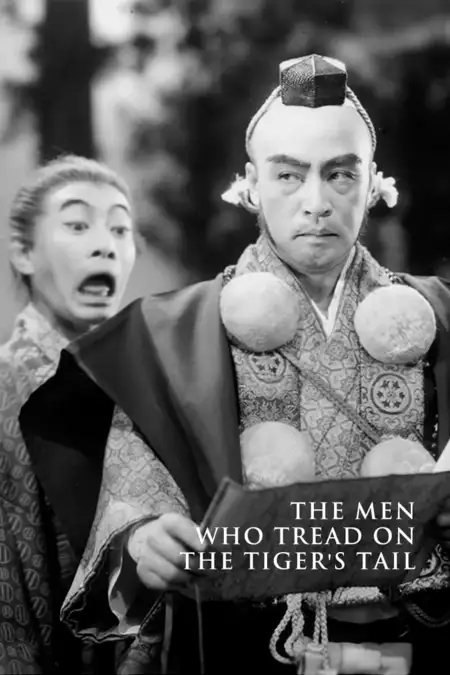
The Men Who Tread on the Tiger's Tail (1952)
Movie
1
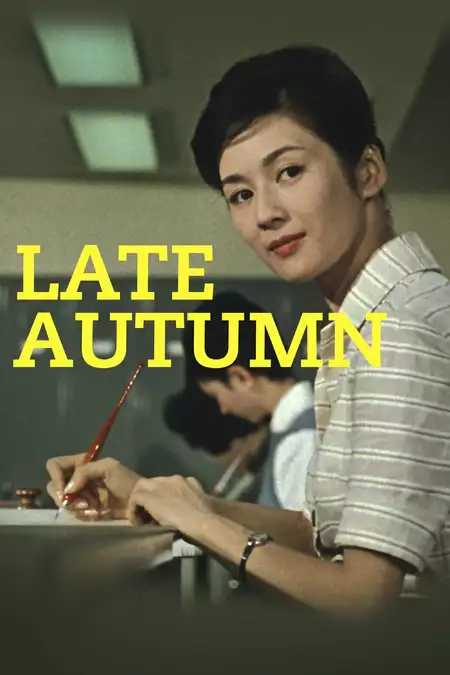
Late Autumn (1960)
Movie
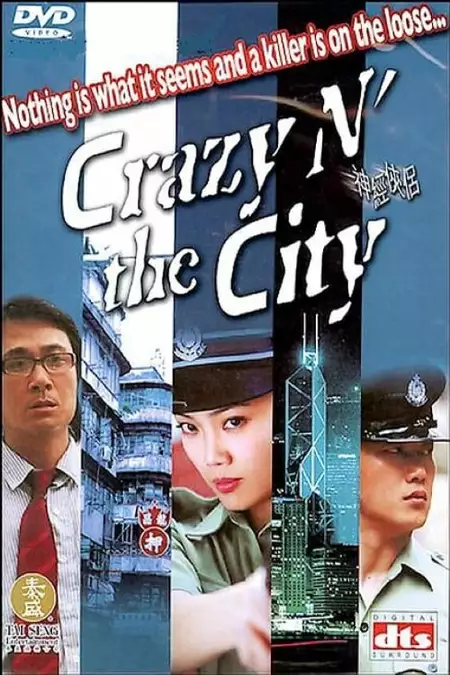
Crazy n' the City (2005)
Movie
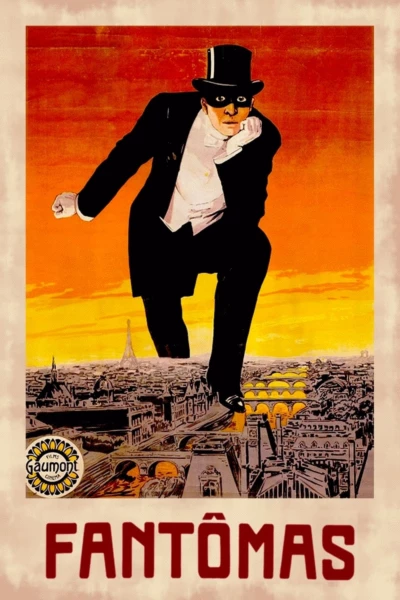
Fantômas (1913)
Movie
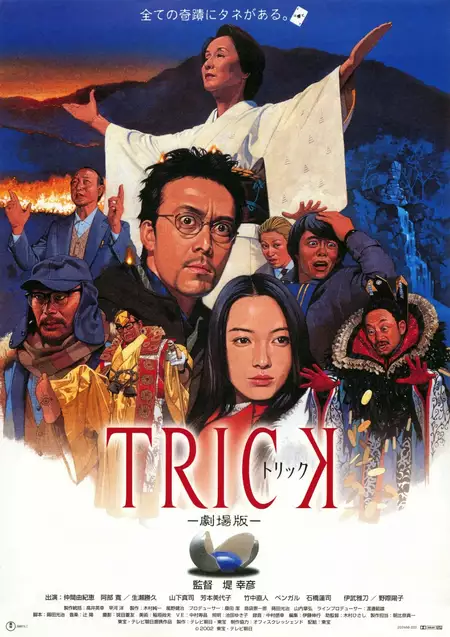
Trick: The Movie (2002)
Movie
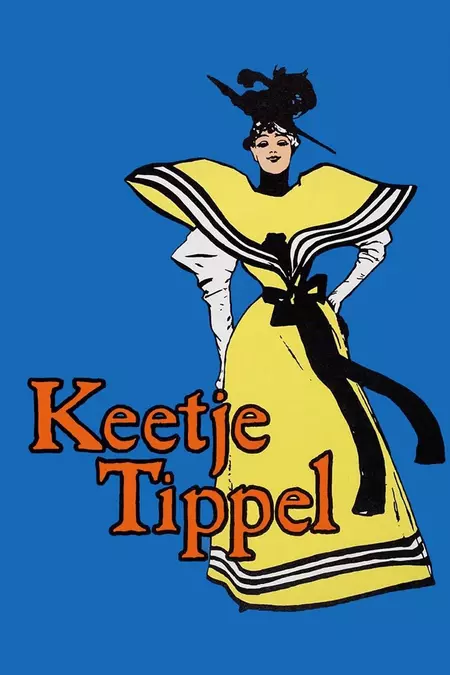
Katie Tippel (1975)
Movie
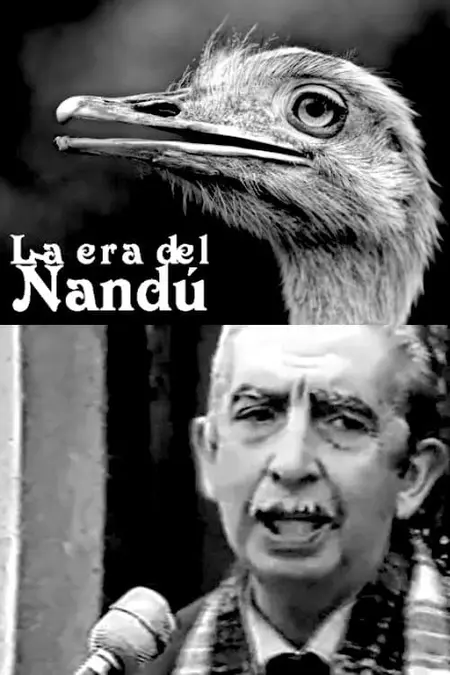
La era del ñandú (1986)
Movie


